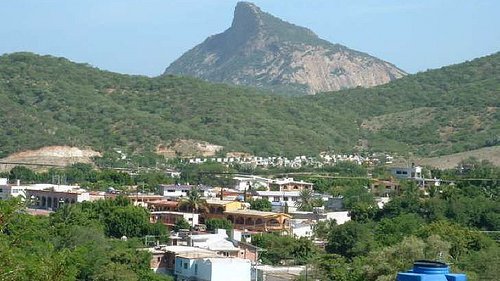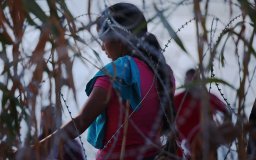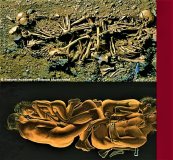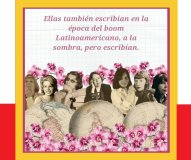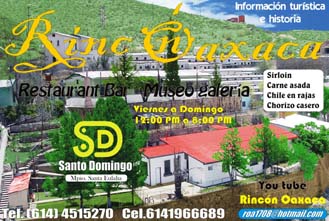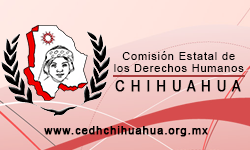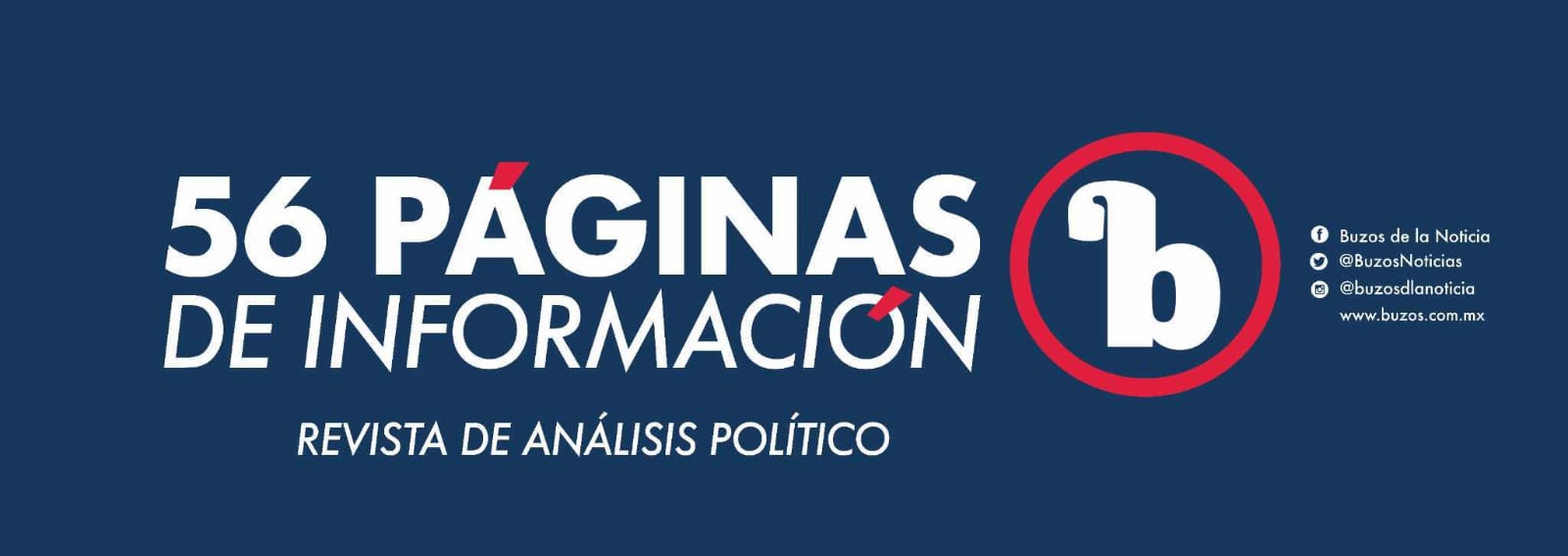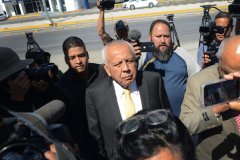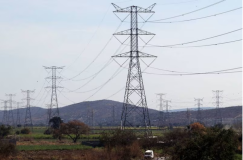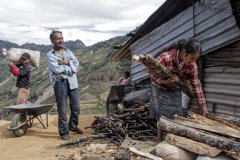Buscar
Director: Froilán Meza Rivera
redaccion@cronicadechihuahua.com
La Crónica de Chihuahua - Relatos urbanos, ciencia, cultura y noticias.
Tecomatlán: The effort of a village transformed into a city
**Tecomatlán, Puebla, in Mexico, was a finalist in the "City to City Barcelona Fad Award", an international contest that chose a winner amongst a number of world’s cities with serious and innovative proposals to increase the well-being of their citizens.
La Crónica de Chihuahua
Julio de 2013, 18:51 pm
Finalists along with Tecomatlán, were also: Atlanta, Birmingham, Buenos Aires, Casablanca, Copenhagen, Mexico City, New York, North Rine-Westphalia, San Francisco, Vienna and York
Through a system of participative democracy, the village of Tecomatlán drove forward an important integral, harmonious and sustained development project. After a long period of despotism, the group “Antorcha Campesina” (Peasant Torch) created a regional cooperative that has succeeded in eradicating poverty, marginalisation and a lack of opportunities, the village was given services and equipment and the rule of law and security was re-established.
Thirty eight years ago, a despotic system kept the village of Tecomatlán in a seriously backward economic, political and cultural state. Acute malnutrition, the unequal distribution of wealth, illiteracy, intense migration to the United States and the lack of basic services such as water, electricity or educational and health centres were some of the grim problems affecting this village. Keeping within the law and always in a peaceful manner, the “Antorcha Campesina” group created the Regional Peasant Cooperative. The group won the elections to the municipal presidency and since then the village has incorporated power supply, a network of potable water, a drainage system, a nursery school, a secondary school, a technology institute, a regular school, a sports unit and a regional hospital.
The drive towards urban, academic, civic and cultural development has served to attract students from the neighbouring states of Oaxaca and Guerrero, and two boarding houses were created to accommodate them. The affluence of students to Tecomatlán has led to a profoundly transforming social action. In parallel, the schools have promoted valuable research projects that help to develop productive and economic factors that ensure the wellbeing of the peasant families.
The inhabitants of Tecomatlán base their action on participative democracy through the consultation of citizens, “el pleno” (village assembly) and “el plenito” (student’s assembly). The village participates in all decisions and their execution permits generating jobs, contributing to slowing down the migratory flow towards the United States and the country’s capital.
All these actions have very conspicuously contributed to the village’s economic and social improvement. There are no illiterates and no insecurity, and the economic asymmetry is today virtually imperceptible. Respect for women, minors, the elderly, people with different capacities, the environment, sexual orientation, colour, ethnicity, religion, origin, craft or employment are an everyday, widespread practice.
Also noteworthy are the important advances in sustainability thanks to reforestation in all the communities of the municipality. Water is being saved and soil quality has been substantially improved thanks to the participation of the schools in projects involving composting, earthworm composting and use of organic waste. Plant nurseries at farming schools, permanent plantations, the use of alternative energies and other similar actions are part of the project’s sustainability development and durability criteria.
//Proposal by Ramón Ojeda
©2024 La Crónica de Chihuahua - Relatos urbanos, ciencia, cultura y noticias
La Crónica de Chihuahua es un diario independiente, enfocado a describir las singularidades y la cotidianidad de la comunidad chihuahuense.

